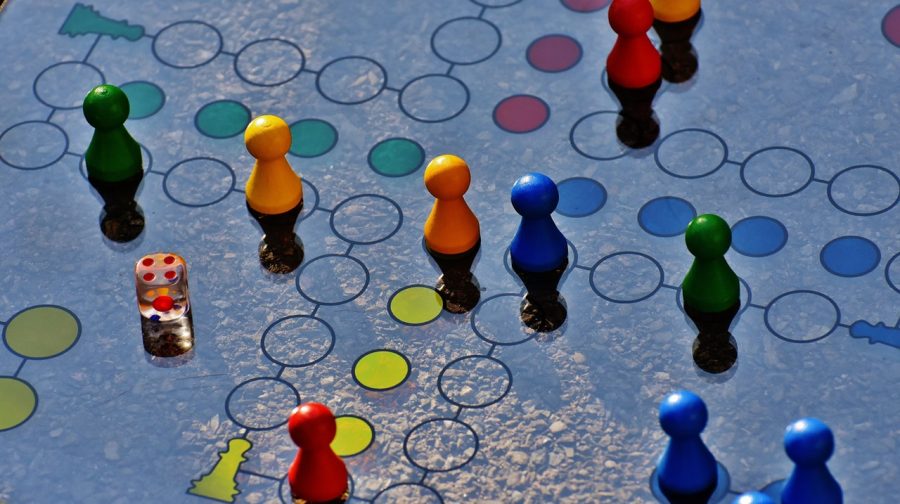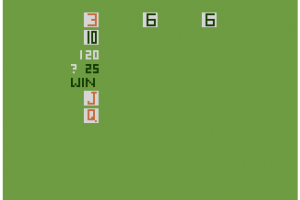The presence of games in the history of humanity began with man’s own evolution, even before norms and rules of coexistence were established. The rituals of hunting and war had a playful, entertaining, powerful, and powerful character. According to the Dutch historian Johan Huizinga, games are a universal activity before culture itself, which even in its less rigorous definitions always presupposes human society.
The animals themselves perform playful activities. Over time, games have come to be understood only as entertainment activities. However, gambling is more than distraction. According to Huizinga, games are an element of culture, one of the pillars of civilization and have five fundamental characteristics. The first is that they are free, a choice of players – the peculiarity of any playful activity.
The second is that they have neither current nor real life. The child, the adolescent, and the adult, when they play the game, are certain that it is only an escape from real life, an interval in everyday life, although they take it seriously.
The third characteristic lies in the distinction between play and ordinary life, both by the place and by the duration it occupies. There is, therefore, a beginning and an end to the game, as well as a spatial frontier of this with real life. As a fourth characteristic, the fact that the game creates order and is organized in it, organized through orderly forms composed of elements such as tension, balance, compensation, contrast, variation, solution, union and disunity.
The slightest disobedience to this order “spoils the game”. Finally, as a fifth characteristic, the tension generated by the unpredictability, uncertainty and chance can provoke a passionate engagement that will imply the development of an ethical sense in the definition of the limits of the game. It is the rules that define what is possible or not.
The game can be considered a cultural phenomenon in that even after it has come to an end it remains, according to the historian, as a new creation of the spirit, a treasure to be preserved by memory and, when transmitted, becomes a tradition. We can see how best betting sites offers show a basic human instinct to play and make a fortune.
Playing is an activity that should be encouraged and taken seriously by adults, respecting the moments in which children and adolescents want to play, play, and build something new, drawing on existing knowledge. Games are intellectual technologies, understood by the philosopher Pierre Levy as elements that promote the construction or reorganization of cognitive functions such as memory, attention, creativity and imagination and contribute to determine the mode of perception and intellection by which the subject knows the object.
In contemporary society, playing has been permeated by technological elements that make it possible to simulate situations that were previously impossible. High tech technology invades stores, TV screens and computers, announcing more seductive toys that allow consumers to go beyond the childhood make-up of past generations. In this process of searching for new seductive icons, we follow the evolution of the different technological elements present in the old wooden horse jokes to the sophisticated electronic games.






 Your total news and information resource for all things Science, Technology, Engineering / Mathematics, Art, and Medicine / Health.
Your total news and information resource for all things Science, Technology, Engineering / Mathematics, Art, and Medicine / Health.
Leave a Comment